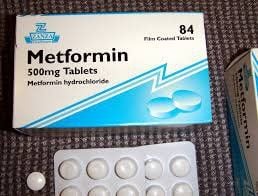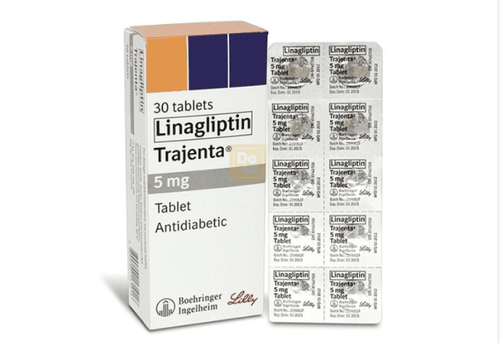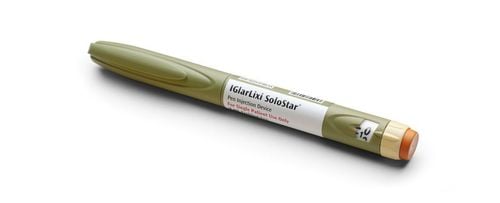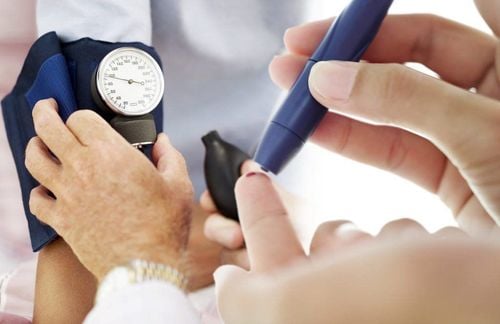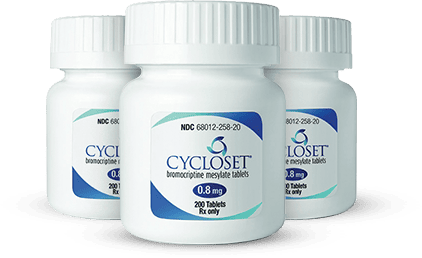This is an automatically translated article.
The article is professionally consulted by Doctor of Department of Examination & Internal Medicine, Vinmec Nha Trang International General Hospital.Hypoglycemia is a condition that occurs when blood sugar is too low. Many people think of hypoglycemia as something that only happens in people with diabetes. However, it can also occur in people who do not have diabetes. Here's what you need to know about hypoglycemia in people without diabetes.
1. What is hypoglycemia in normal people?
Hypoglycemia is a condition that causes the amount of sugar (glucose) in the blood to drop too low. This can happen in people who don't have diabetes. When blood sugar is low, muscles and brain cells don't have enough energy to function.Hypoglycemia can still occur in people without diabetes, if their body is not able to stabilize blood sugar or because their body produces too much insulin after eating. Hypoglycemia in people without diabetes is less common than hypoglycemia in people with diabetes.
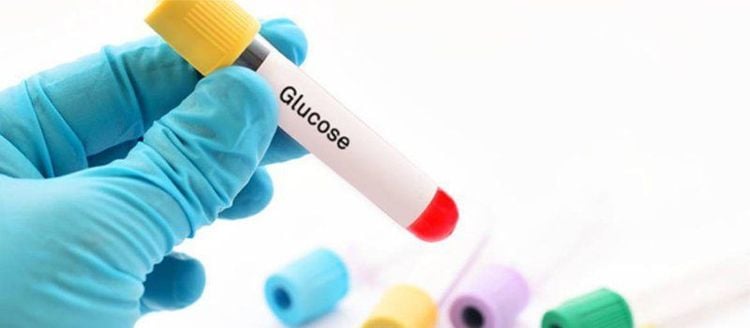
Tình trạng lượng đường trong máu quá thấp dẫn đến hạ đường huyết không đái tháo đường
2. Causes of non-diabetic hypoglycemia
2.1 Fasting hypoglycemia/unresponsive hypoglycemia
Unresponsive hypoglycemia/fasting hypoglycemia is not necessarily meal related and may be due to an underlying disease. Causes of unresponsive hypoglycemia may include:The effects of certain medications or herbal supplements such as fenugreek, ginseng or cinnamon; Having related diseases such as liver disease, hypothyroidism and tumors; Having an eating disorder or malnutrition; Have had gastric bypass surgery or hemodialysis; Due to an excess of alcohol that prevents the liver from producing glucose or any disorder affecting the liver, heart or kidneys; Due to certain eating disorders, such as anorexia; Pregnancy; Although rare, a tumor of the pancreas can cause the body to make too much insulin or an insulin-like substance, leading to low blood sugar; Hormonal deficiencies can also cause hypoglycemia because hormones control glucose levels.
2.2 Reactive hypoglycemia
Reactive hypoglycemia occurs within a few hours after a meal. Overproduction of insulin causes reactive hypoglycemia. The cause of reactive hypoglycemia may not be fully known, but here are some of the causes that can also cause this phenomenon.Increase insulin. Eat lots of refined carbohydrates like white bread or foods high in sugar. Pre-diabetes. Any surgery of the digestive system.

Ăn nhiều bánh mì chứa nhiều carbohydrate tinh chế cũng có thể dẫn đến hạ đường huyết phản ứng
2.3 Non-diabetic hypoglycemia due to Dumping syndrome
People who have had stomach surgery to ease symptoms of gastroesophageal reflux disease may be at risk for a condition called rapidly emptying stomach syndrome. In this syndrome, the body releases excess insulin in response to carbohydrate-rich meals. That can lead to hypoglycemia and related symptoms.3. Who can get non-diabetic hypoglycemia?
Hypoglycemia without diabetes can occur in both children and adults. The risk of hypoglycemia without diabetes may be higher for some of the following groups of people:People with health problems such as obesity, fasting People with a family member with diabetes. People who have had surgery on the stomach. People with prediabetes. Although prediabetes increases your risk of developing diabetes, it doesn't mean you will definitely get type 2 diabetes. Diet and lifestyle changes can delay or prevent progression from prediabetes to type 2 diabetes.
If diagnosed with prediabetes, you will need to make lifestyle changes. , healthy diet and weight control, has been shown to reduce the risk of type 2 diabetes by 58%.
4. Symptoms of non-diabetic hypoglycemia
Everyone reacts differently to fluctuations in blood sugar levels. Some symptoms of hypoglycemia:Dizziness; Feeling very tired and weak; Feeling extremely hungry; Headache, confusion, inability to concentrate; Sweat; Trembling; Blurred vision or vision changes; Personality changes; Fast heart beat; Have symptoms of hypoglycemia and cannot eat; Do not awake; Having a seizure or fainting. You can have low blood sugar without any symptoms. It's called hypoglycemia unawareness.
Control hypoglycemia to avoid causing long-term health problems. The body needs glucose to function. Without proper glucose levels, you can feel tired, lose focus at work, irritable. In severe cases, low blood sugar can lead to seizures, nerve problems possibly stroke or even loss of consciousness.

Ngất xỉu là triệu chứng thường gặp ở khi hạ đường huyết
5. How is non-diabetic hypoglycemia diagnosed?
If a blood sugar reading (fingertip or venous) is lower than 70 mg/dl (3.9 mmol/L), it could be a sign of hypoglycemia.More specialized tests to diagnose, to find the cause of hypoglycemia such as: Fasting overnight or fasting after 72 hours, oral glucose tolerance test, done in hospital, staffed medical monitoring during testing

Xét nghiệm máu giúp chẩn đoán hạ đường huyết không đái tháo đường
6. Treatment of non-diabetic hypoglycemia
Always have food or drink containing starch, sweeteners (bread, rice, cereals, fruit, juice, milk ..) will increase blood sugar when hypoglycemia. In the case of a coma due to hypoglycemia, intravenous glucose will be givenTreatment depends on the cause of the hypoglycemia. For example, if the cause of low blood sugar is a medication you are taking, change or stop that medication. Treatment of underlying diseases (liver failure, renal failure,,) that are at risk of causing stable hypoglycemia. If hypoglycemia is caused by low hormone levels, then the treatment will be hormone supplements.
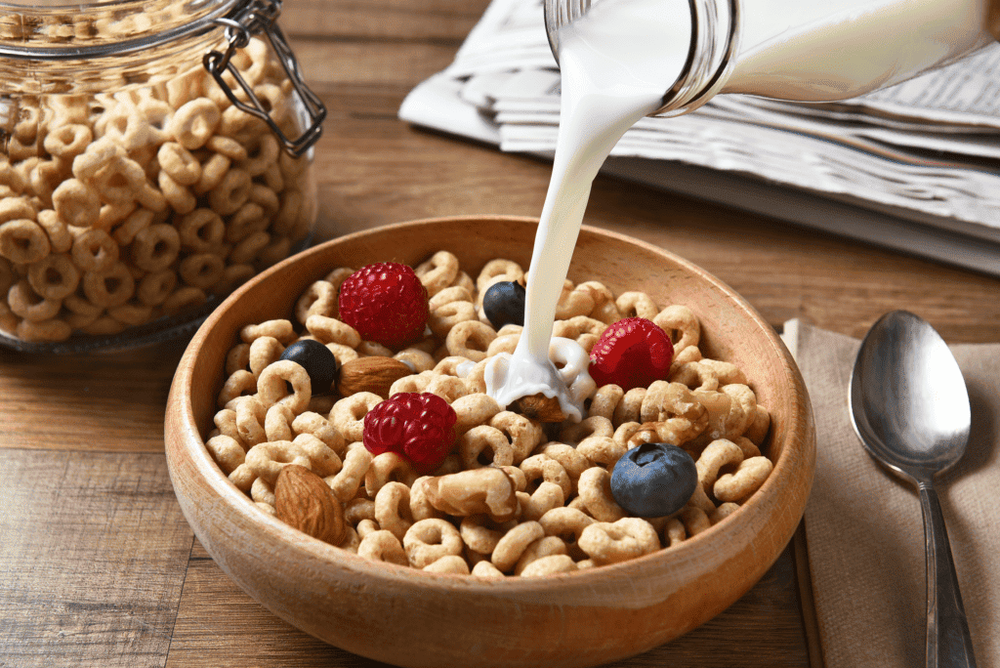
Người bệnh có thể ăn ngũ cốc khi hạ đường huyết để bổ sung carbohydrate cho cơ thể
7. Prevent non-diabetic hypoglycemia
Avoid fasting (in cases of unscientific weight loss). Break it up into several meals throughout the day (5 to 6 meals) instead of 3 large meals. Eat the same amount of carbohydrates in meals and snacks each day. Most people need about 3 to 4 servings of carbohydrates with a meal and 1 to 2 servings of a snack.Do not consume beverages or foods containing caffeine. Examples include coffee, tea and some sodas. Caffeine can cause hypoglycemia-like symptoms, and can cause fatigue.
Limit or don't drink alcohol. Women should only drink 1 drink per day. Men should only drink 2 drinks a day. The capacity for each glass is 12 ounces for beer, 5 ounces for wine, or 1 ounce of spirits. Do not drink alcohol when hungry. Instead, drink alcohol with meals to avoid hypoglycemia.
Add protein foods and vegetables in meals. Some foods high in protein include beef, pork, fish, poultry (chicken and turkey), beans, and nuts.
Hypoglycemia, if not treated promptly, will cause many dangerous complications. To protect your health, you should actively check the blood sugar index. Periodic general health checks should be performed at reputable and quality medical facilities.
Currently, Vinmec International General Hospital has general health checkup packages suitable for each age, gender and individual needs of customers with a reasonable price policy, including:
Health checkup package Diamond Health Checkup Package Vip General Health Checkup Package Special General Health Checkup Package Comprehensive General Health Checkup Package Standard General Health Checkup Package Patient's examination results will be returned to your home. After receiving the results of the general health examination, if you detect diseases that require intensive examination and treatment, you can use services from other specialties at the Hospital with quality treatment and services. outstanding customer service.
Please dial HOTLINE for more information or register for an appointment HERE. Download MyVinmec app to make appointments faster and to manage your bookings easily.
Reference sources: healthline.com, drugs.com



